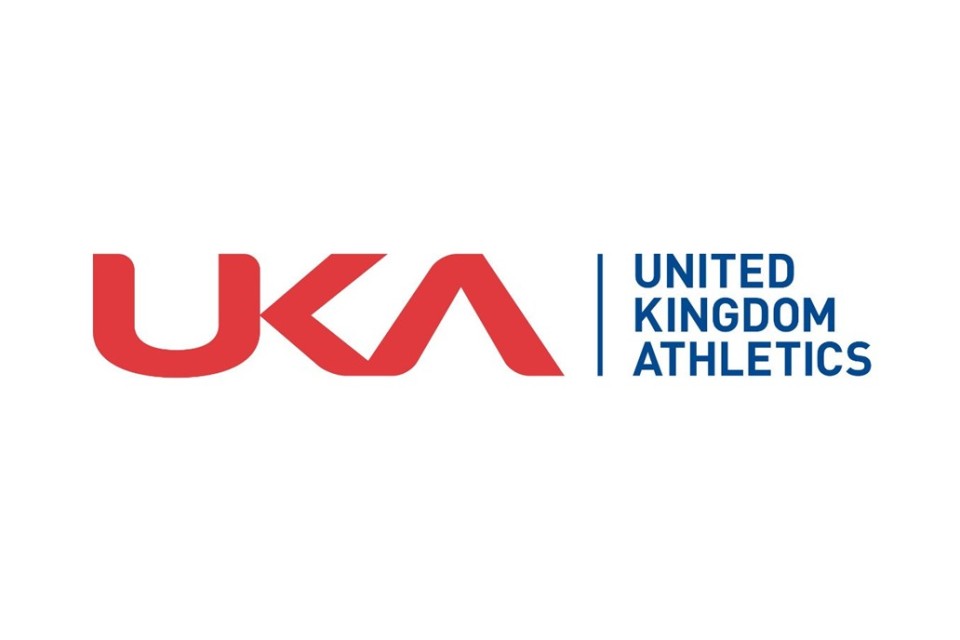Tue, October 06, 2020
UK Anti-Doping v Adam Machaj
To optimise for archiving, the original image and related documents associated with this article have been removed.
A decision in the case of UK Anti-Doping (UKAD) v Adam Machaj has been published by the National Anti-Doping Panel (NADP).
On 02 December2019 Mr Adam Machaj, formerly a professional heavyweight boxer licensed by the British Boxing Board of Control, was charged with violating ADR 2.2 by the Use of three Prohibited Substances, Clomifene, Anastrozole, and Testosterone without having a Therapeutic Use of Exemption. Mr Machaj, subsequently admitted the Use of the substances and therefore committed Anti-Doping Rules Violations under ADR 2.2.
The NADP Tribunal, consisting of Robert Englehart QC, Lorraine Johnson and Dr Terry Crystal, had to consider the appropriate sanction and the length of the applicable period of Ineligibility. They imposed a period of four years.
A copy of the full decision can be accessed via the related links tab on the right-hand side.
The National Anti-Doping Panel (NADP) is the United Kingdom’s independent tribunal responsible for adjudicating anti-doping disputes in sport. It is operated by Sport Resolutions and is entirely independent of UK Anti-Doping who is responsible for investigating, charging and prosecuting cases before the NADP.



